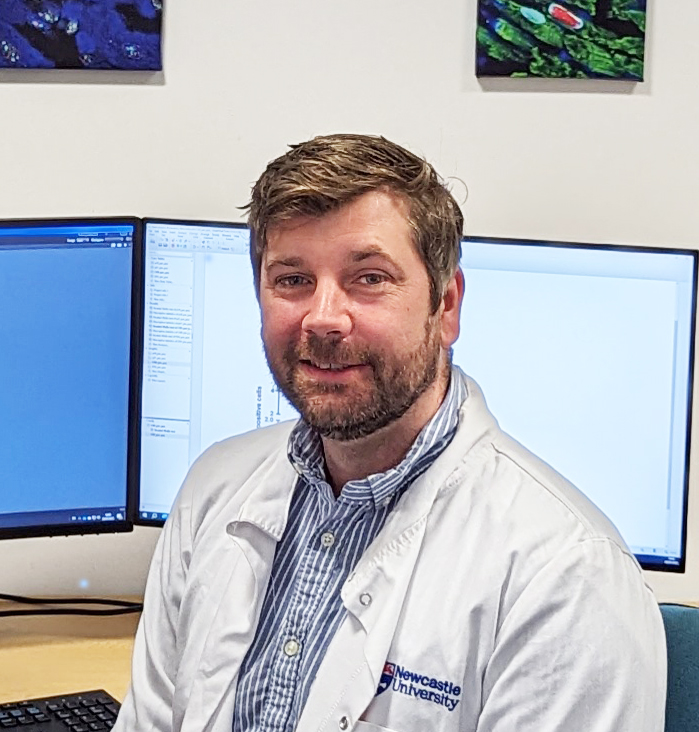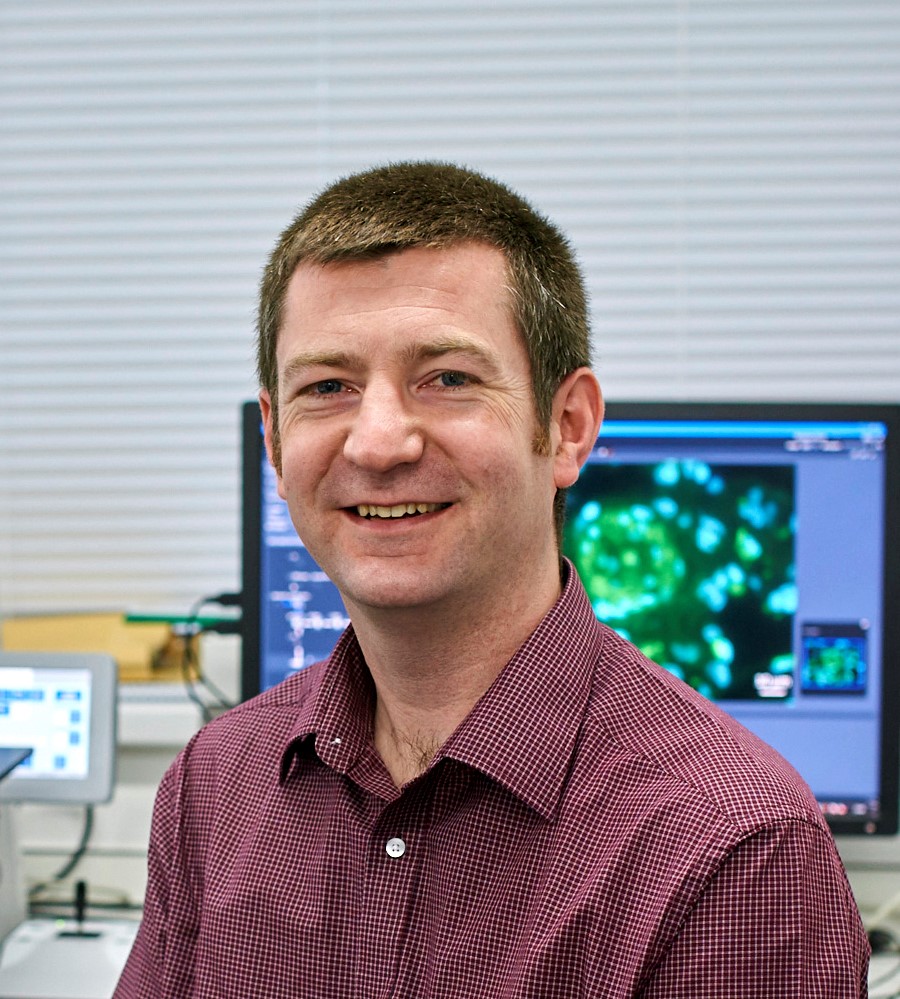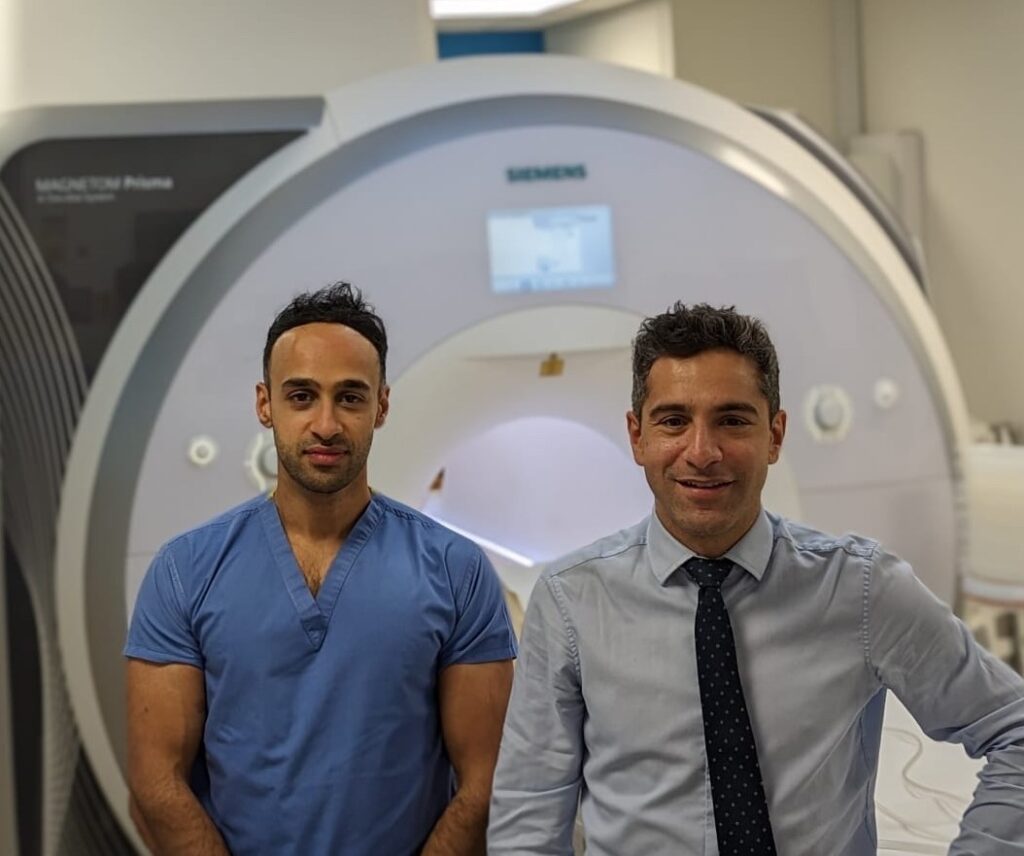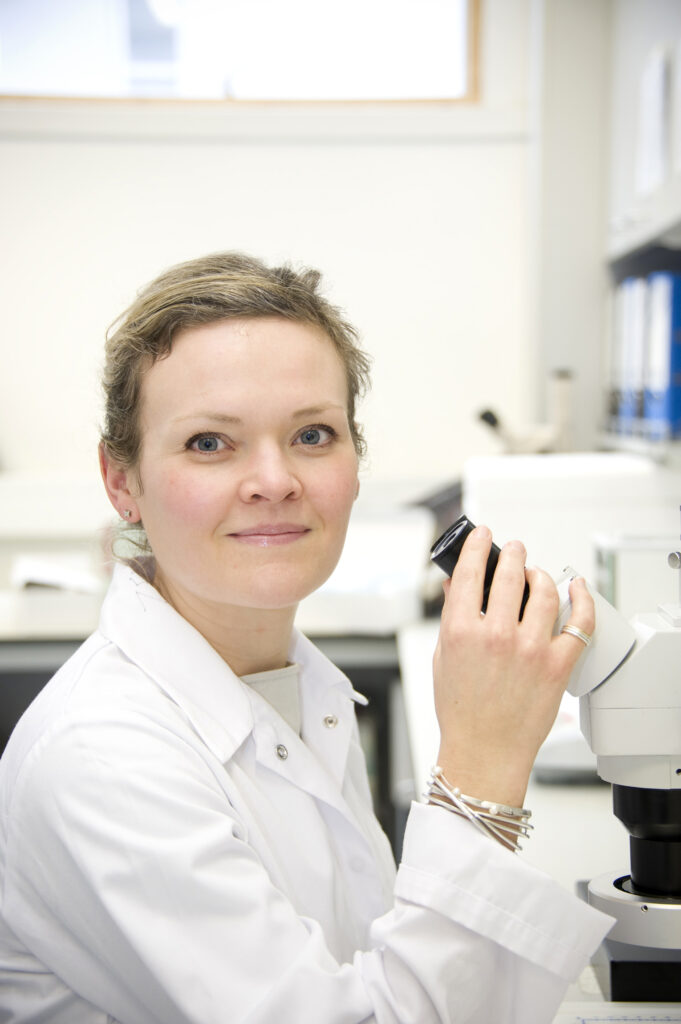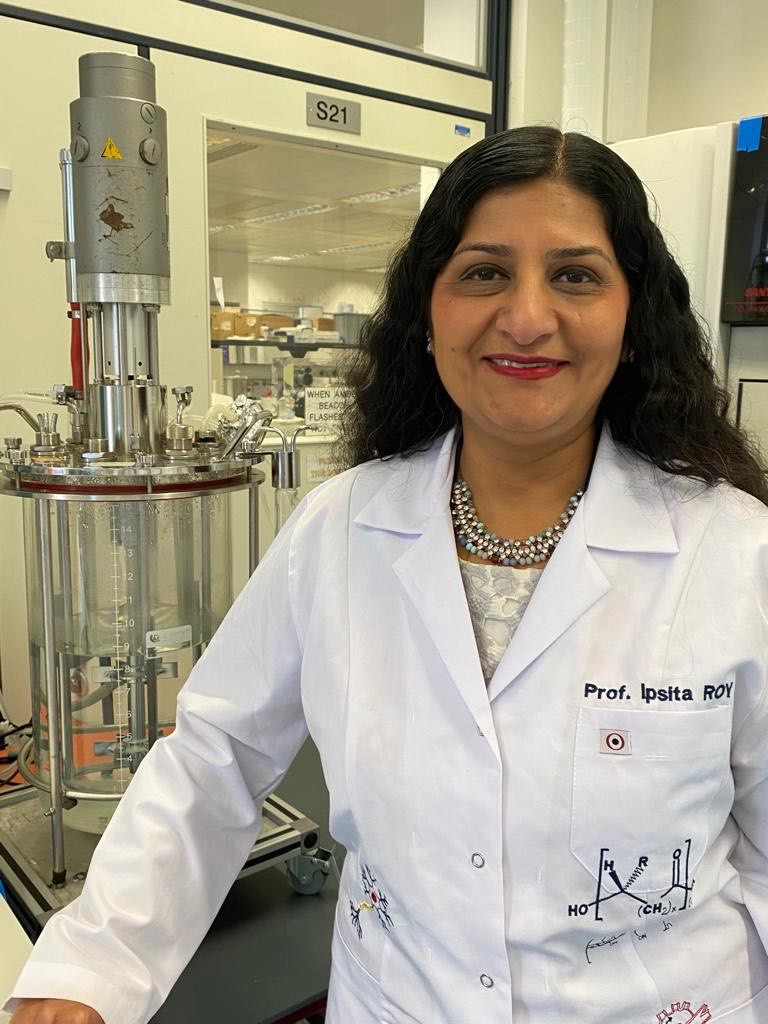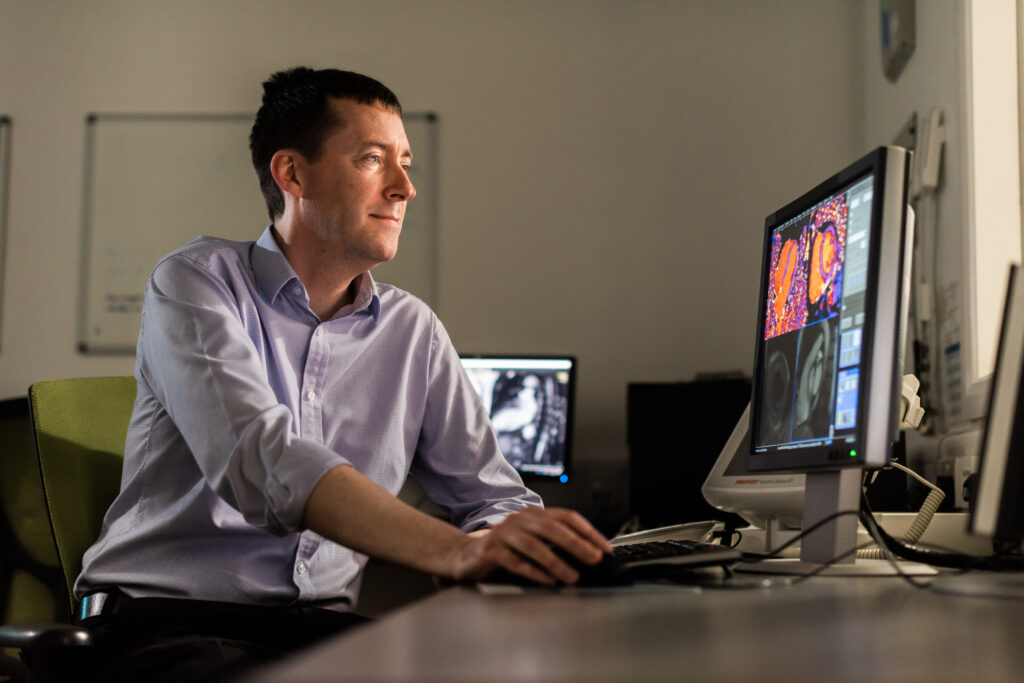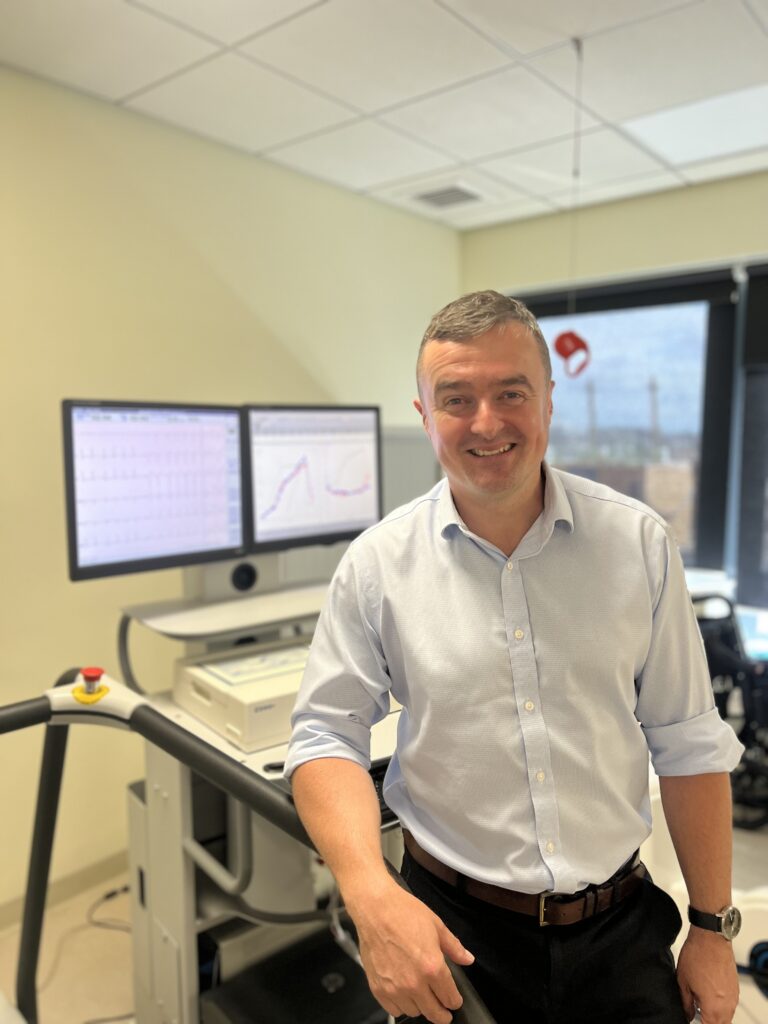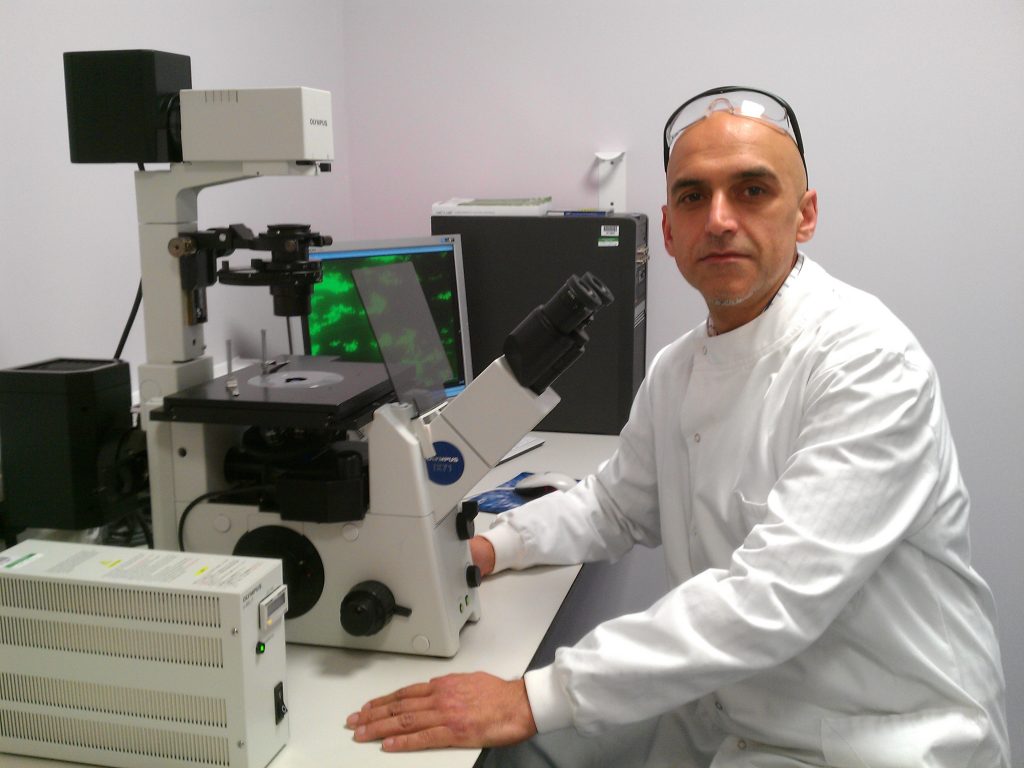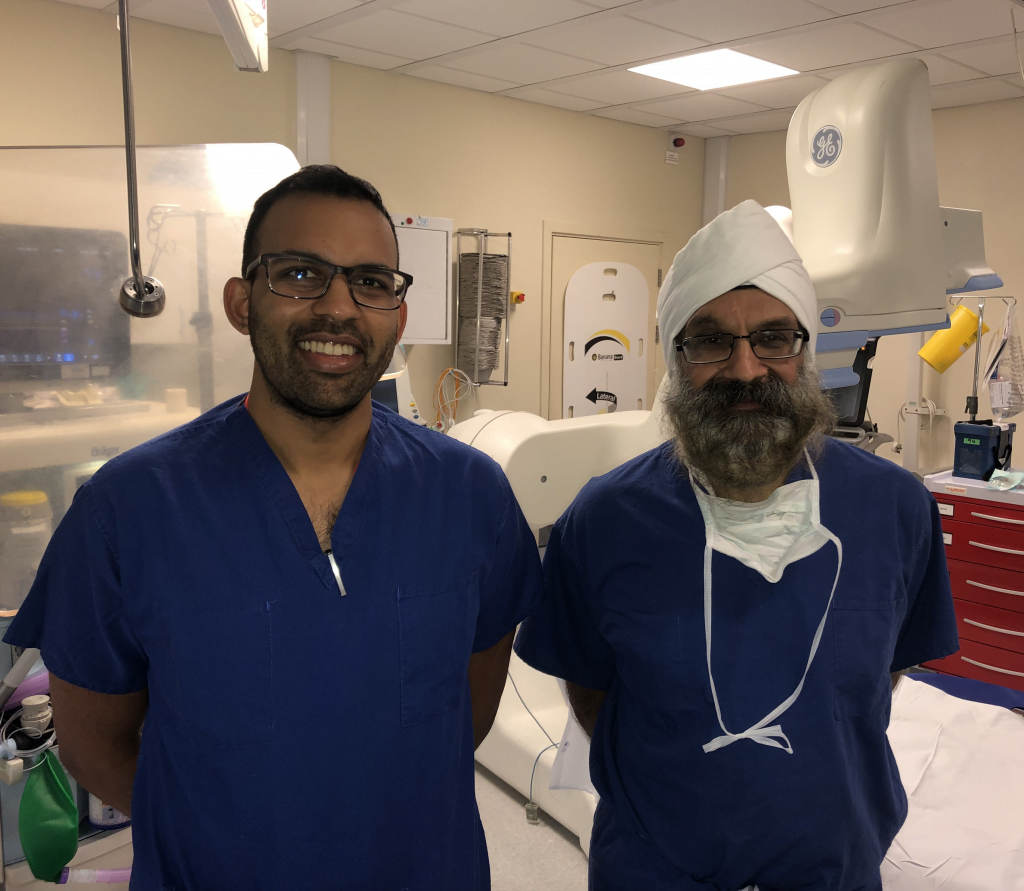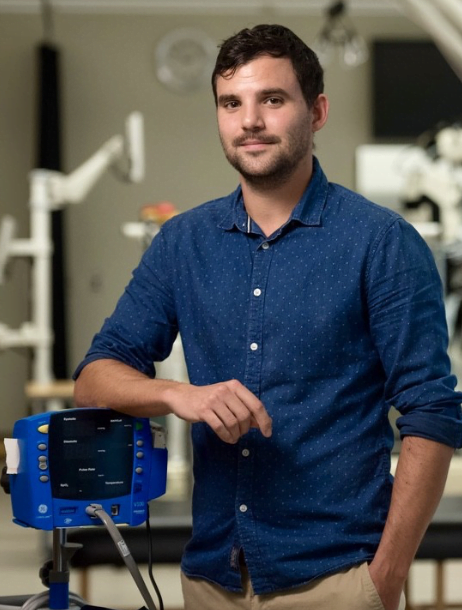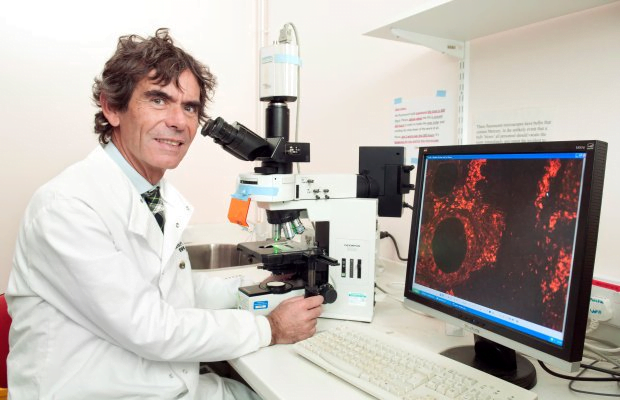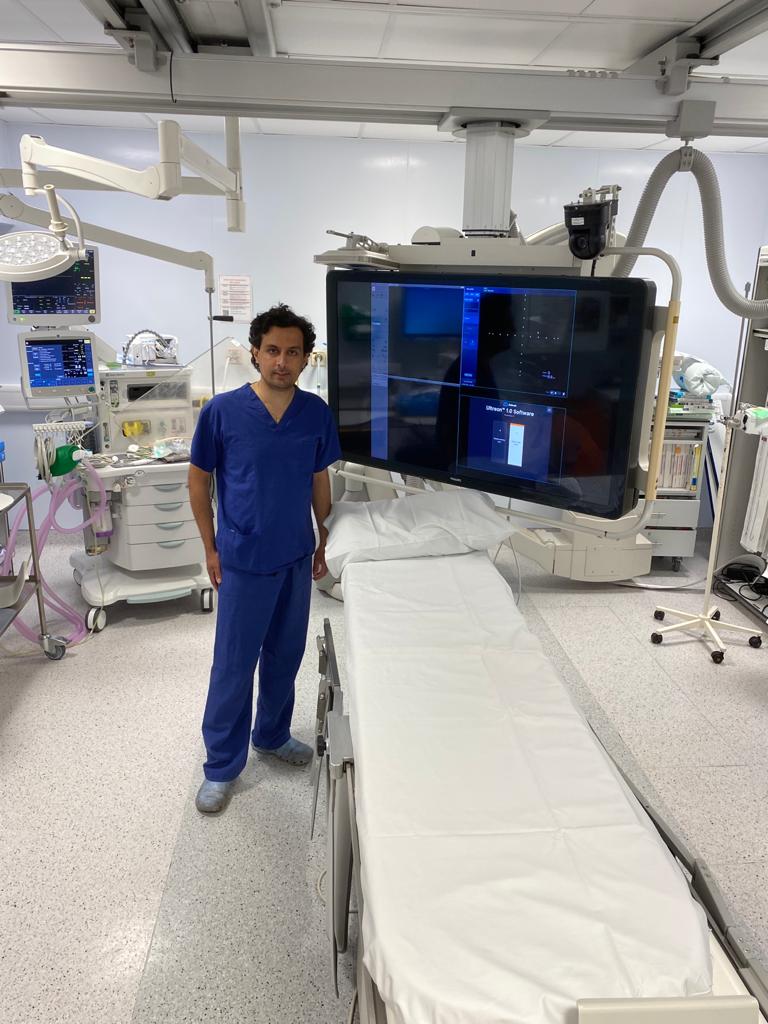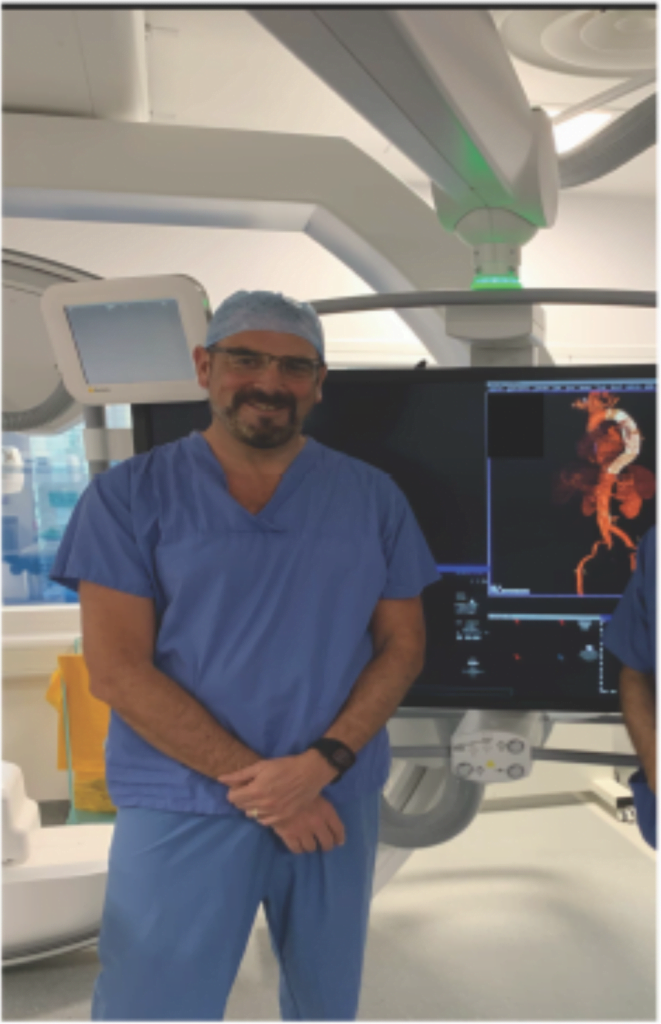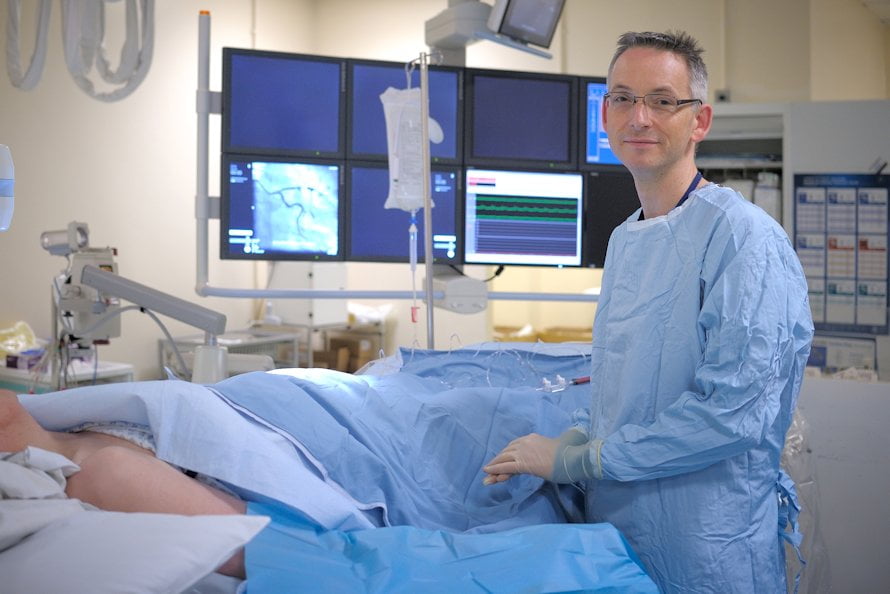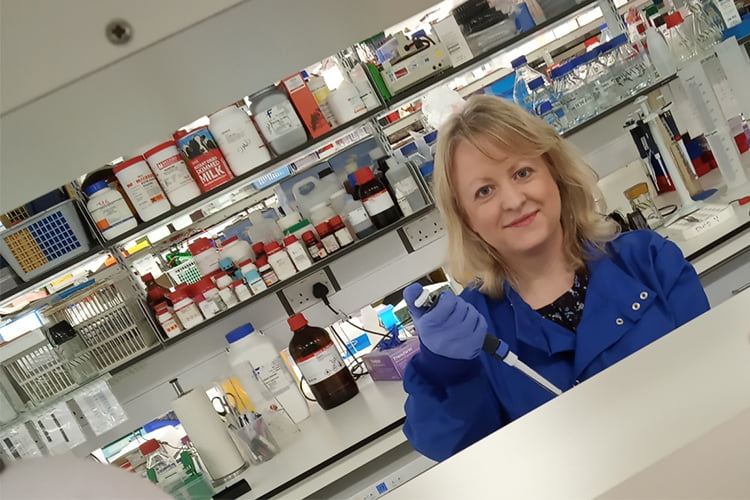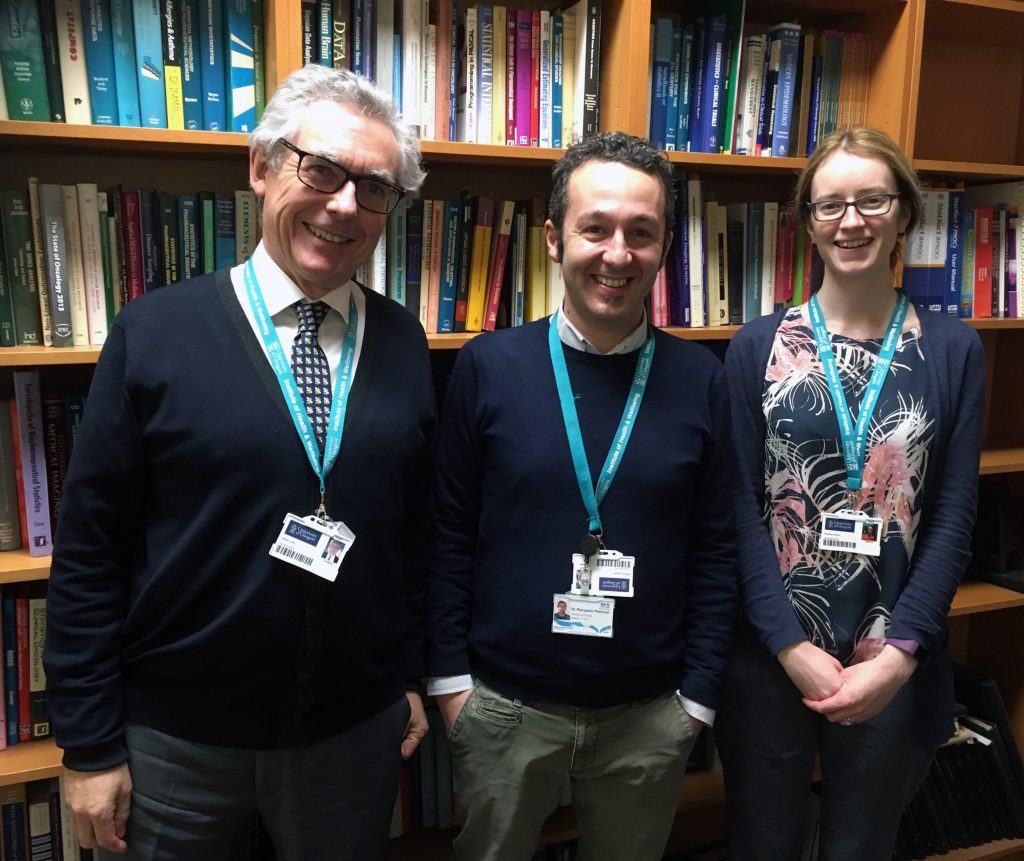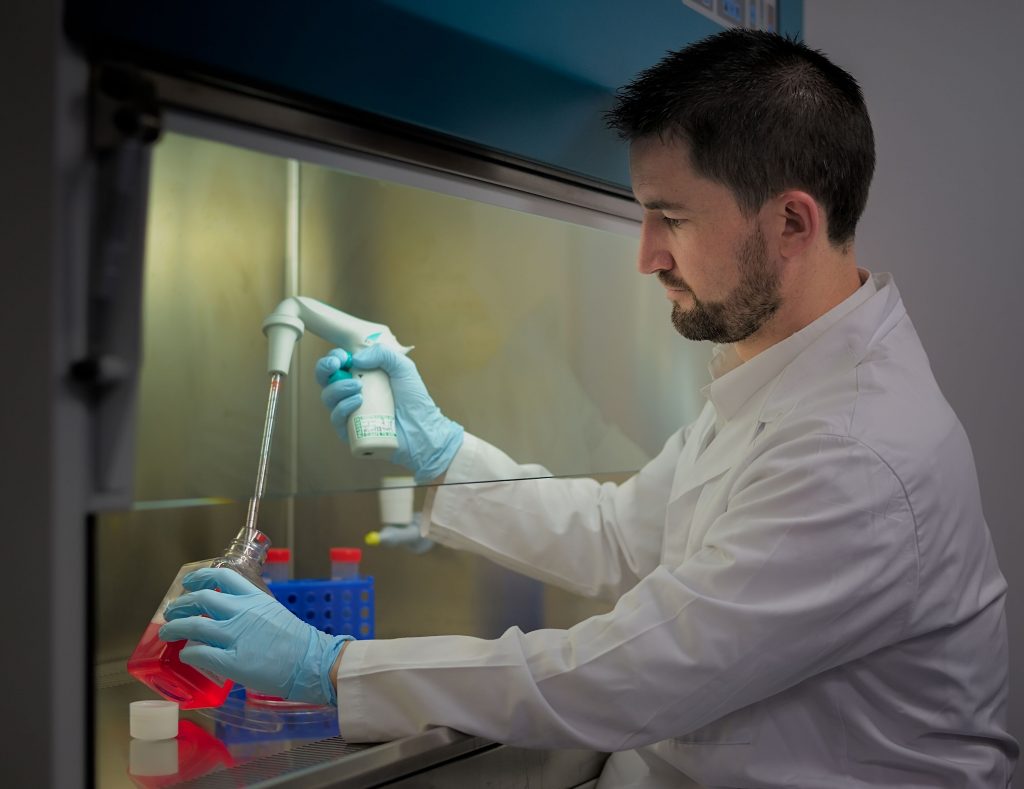Novel and Emerging Technologies (NET) Grant
Prof G André Ng, University of Leicester.
Amount: £182,912

This project aims to develop a simple, accurate and cost-effective test, to predict which patients are at risk of sudden cardiac death and whose lives could be saved by implanting an ICD.
Sudden cardiac death (SCD) is responsible for over three million deaths per year worldwide and is frequently caused by lethal heart rhythm disturbances. These deaths could be prevented with implantable cardioverter defibrillators (ICDs) – devices similar to pacemakers which detect life-threatening heart rhythms and deliver therapy or a shock to the heart to restore normal rhythm.
However, choosing the right patients for ICDs can be extremely difficult. Patients who are thought to be ‘high-risk’ may have ICDs implanted without making use of them, while most cases of SCD occur in a large population regarded as ‘low-risk’. The current tests to measure risk of SCD are inadequate, and balancing the risk of SCD against the potential harm and cost of unnecessary ICD treatment can be guesswork.
The electrocardiogram (ECG) is a simple everyday test performed to record the rhythm and electrical activity of the heart, and Professor Ng’s team has developed two new tests based on the ECG, for measuring the risk of SCD.
The tests involve recording the ECG while performing a series of tests on the heart and the data is then used to work out numerical values of cardiac risk. They have already shown these tests to be effective in predicting which patients are at high risk of SCD in a series of small studies at Leicester.
Building on the earlier work, this project will look at the predictive value of these tests in larger numbers of patients which is necessary before the tests can become routine clinical practice.
The study will recruit 440 patients from 11 of the leading specialist cardiac centres in the UK. Suitable patients will include those enlisted for ICD implants who also have coronary heart disease.
Taking part in the study will involve an extra test performed on the heart during the ICD implant; an ECG will be carried out and later analysed to calculate numerical values for cardiac risk. These cardiac risk scores will then be compared with how often abnormal heart rhythms occur during an 18-month follow-up period.
The aim of this project is to develop a simple, accurate and cost-effective test which can more accurately identify people who need ICDs. It is hoped that this new technology could be applied in future studies to other groups for which there is no tool to assess sudden cardiac death risk.

